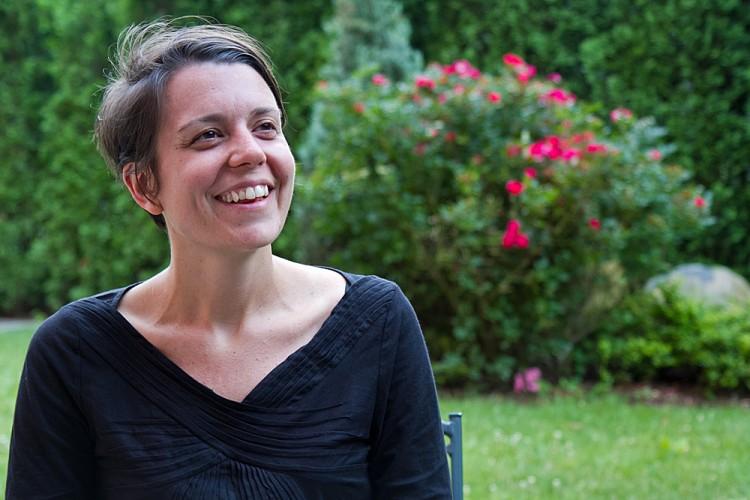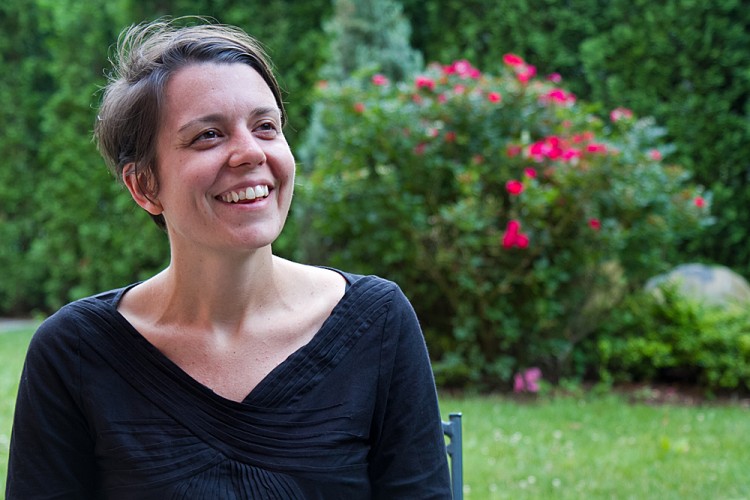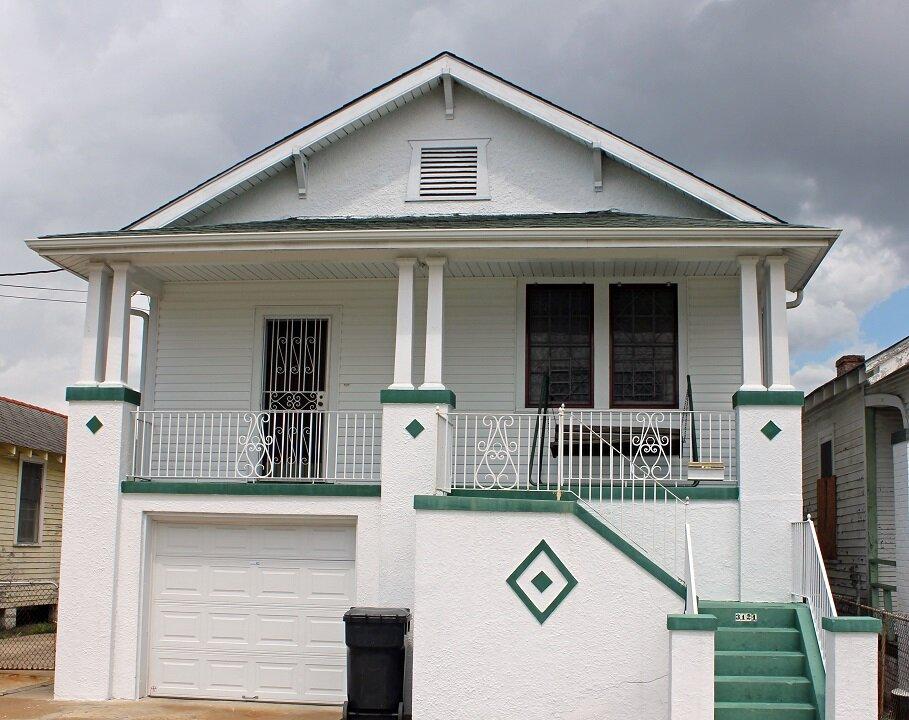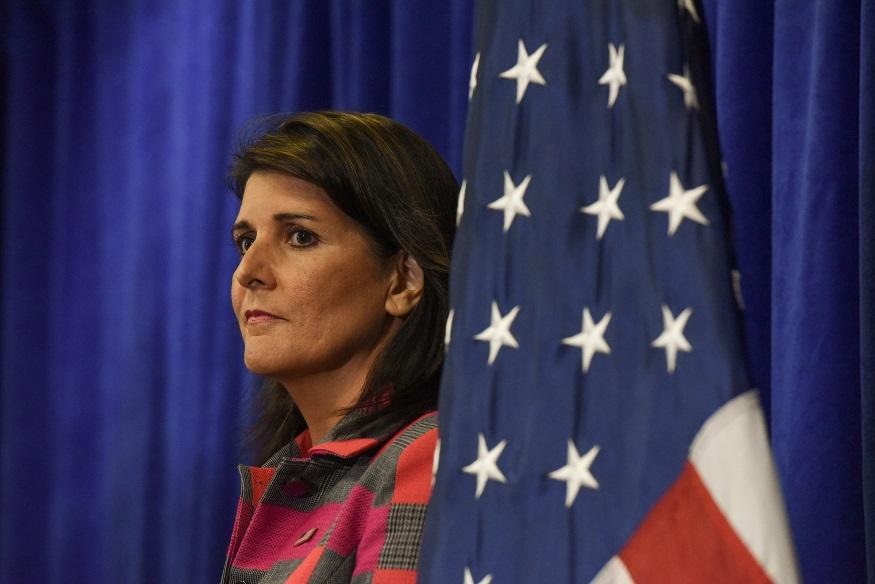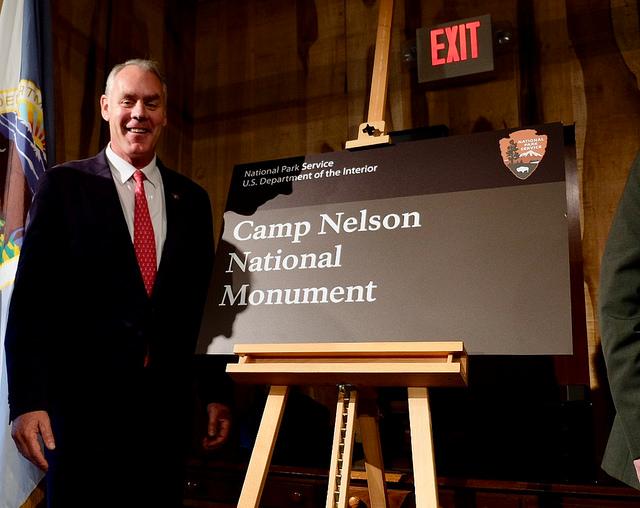This is New York: Erin Barnes, Co-Founder of ioby
Erin Barnes took the love for nature she found as a kid and studied how to help preserve it as a young adult.
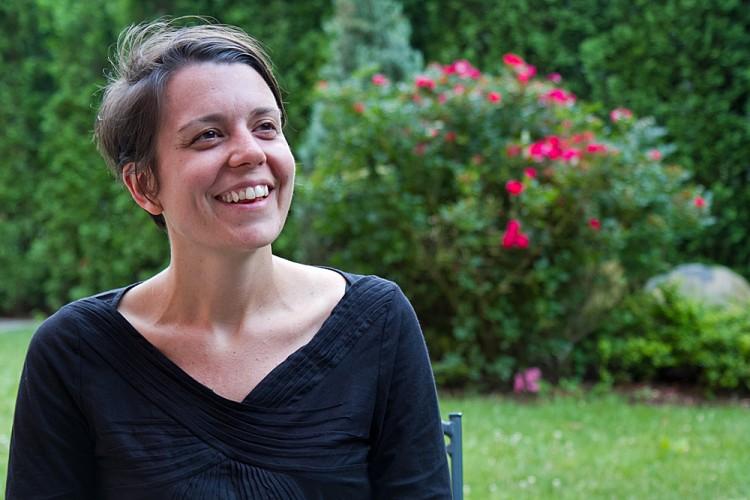
Erin Barnes, co-founder and executive director of ioby (in our backyards), in Brooklyn on June 26. Benjamin Chasteen/The Epoch Times

Kristen Meriwether
Journalist
|Updated:
